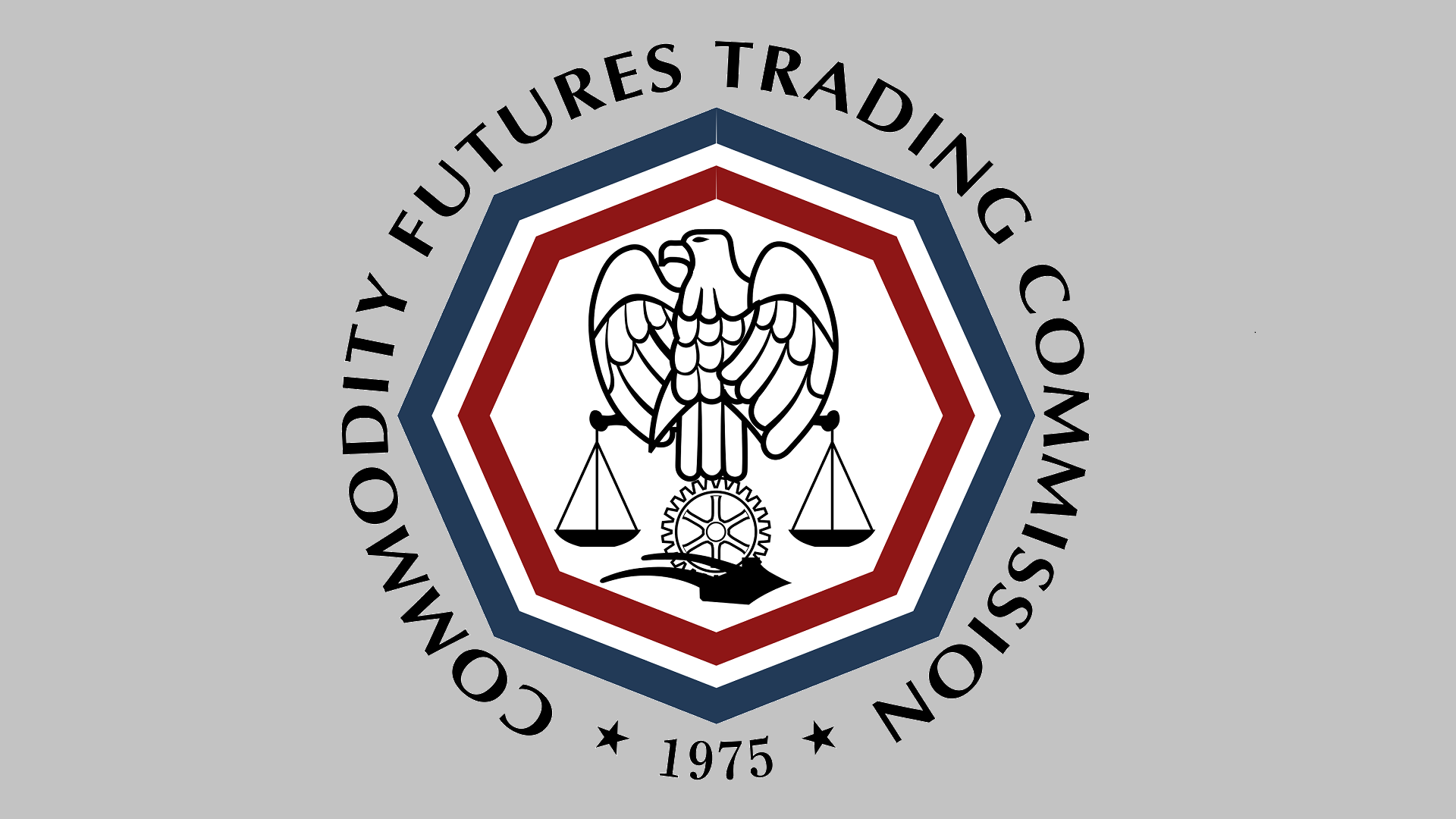CFTC’s FinTech Hub ‘LabCFTC’ Unveils Smart Contracts Primer

LabCFTC, the FinTech innovation hub of the U.S. Commodities and Futures Trading Commission (CFTC) announced a Smart Contracts primer earlier this week. According to CFTC, the primer aims to involve crypto market participants and innovators on different topics in the FinTech space.
This is the second educational primer from CFTC, the first being last year in October 2017. Instead of an official policy, the primer basically serves as an “educational tool”. It enwraps every information around the blockchain smart contracts like its characteristics, history, potential use cases, case studies and perceived risks.
In the official press release, LabCFTC director Daniel Gorfine says “Smart contracts are being used to drive further automation in our markets and may have an impact across a range of economic activities. This primer is focused on explaining smart contracts, exploring how they may impact our markets and highlighting potentially novel risks and challenges.”
In the official primer document, LabCFTC defines smart contracts as a “set of coded computer functions” which allow “self-executing computer code to take actions at specified times and/or based on reference to the occurrence or non-occurrence of an action or event.”
In nutshell, smart contracts are basically self-executing contacts which are concluded when the pre-determined conditions are met. The LabCFTC mentions the use of smart contracts across the range of potential applications. This includes the basic code for vending machine dispensal to even more complex ones like the settlement of credit-default swaps and self-executing insurance contracts.
The report, the lab highlights several benefits of smart contracts like reduced transactions times and costs, lowered settlement and counterparty risks, and enhanced security. On the other hand, it also presents challenges like technical, operational, and cybersecurity risks. Additionally, smart contracts are susceptible to fraud, manipulation, accountability, and reduced transparency, says the CFTC.
The commodities regulatory argues that disciplinary measures are required alleviate the use of smart contracts for unlawful circumvention of rules. Thus to tackle the dispute resolution in case of functional error and misconduct, it is necessary to have some good governance standards and liability mechanisms.
Furthermore, the primer also highlights areas wherein CFTC-regulated entities can make use of smart contracts, especially in the financial sector. The document notes that can possibly automate a range of existing contracts like futures, options, forward and swaps.
The report also mentions the use of smart contracts in legal frameworks. The primer reads “Existing law and regulation apply equally regardless what form a contract takes. Contracts or constituent parts of contracts that are written in code are subject to otherwise applicable law and regulation”.


